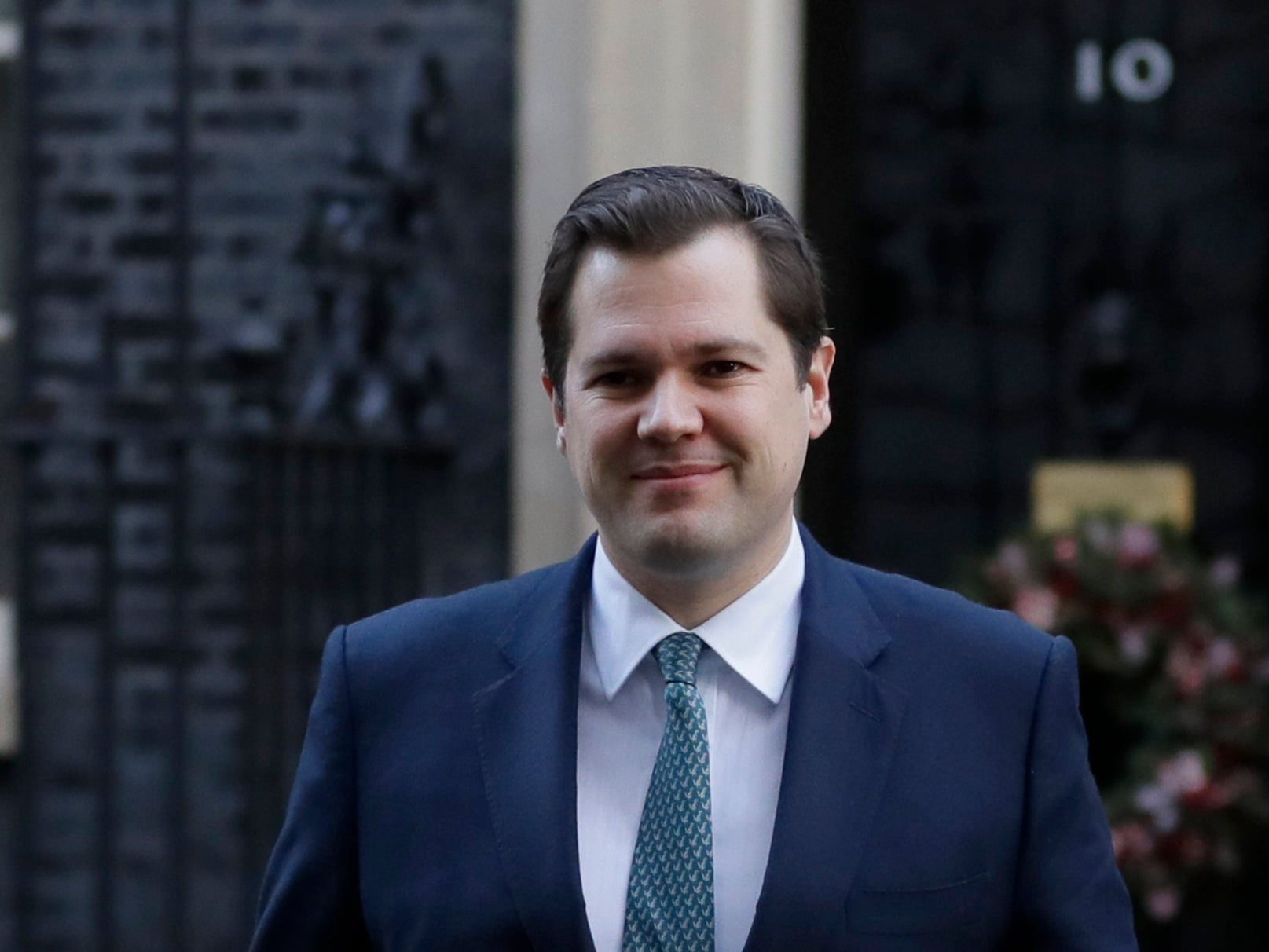New homes to be prioritised in England’s cities after backlash from Tory MPs over planning reforms
Revised plans aim for 300,000 homes a year by encouraging more building in cities

Ministers have set out plans to prioritise building new homes in England’s cities following a backlash from Tory MPs over fears about the impact of proposed planning reforms on their constituencies.
Senior Tories, including former prime minister Theresa May, objected in October to a planned algorithm which would have led to significant housebuilding in the Conservative Party’s southern heartlands.
The government said on Wednesday that it would aim to build 300,000 dwellings a year while protecting the countryside, with cities being encouraged to plan for more family homes and to utilise vacant buildings and underused land to protect green spaces.
Housing secretary Robert Jenrick said the plans aimed to encourage more building in the nation’s 20 largest cities to help revitalise high streets following the coronavirus crisis.
“The Covid-19 pandemic has accelerated and magnified patterns that already existed, creating a generational opportunity for the repurposing of offices and retail as housing and for urban renewal,” Mr Jenrick said.
“We want this to be an opportunity for a new trajectory for our major cities - one which helps to forge a new country beyond Covid - which is more beautiful, healthier, more prosperous, more neighbourly and where more people have the security and dignity of a home of their own.”
In October, Ms May criticised the previous plan as “mechanistic” and “ill-conceived” while supporting in principle the aim to build more homes.
During a debate on the plan, Tory MP Bob Seely (Isle of Wight) said the proposed algorithm would “hollow out our cities, urbanise our suburbs and suburbanise the countryside”.
He told the Commons that over 15 years it would lead to 14,000 fewer homes being built in Manchester and 10,000 more in east Cheshire.
The new plans announced on Wednesday include a £100m “brownfield land release fund” to promote urban regeneration and development on public sector land.
Ministers said they would also allocate more than £67m in funding to the West Midlands and Greater Manchester authorities to deliver new homes.
Additional reporting by PA
Join our commenting forum
Join thought-provoking conversations, follow other Independent readers and see their replies
Comments
Bookmark popover
Removed from bookmarks